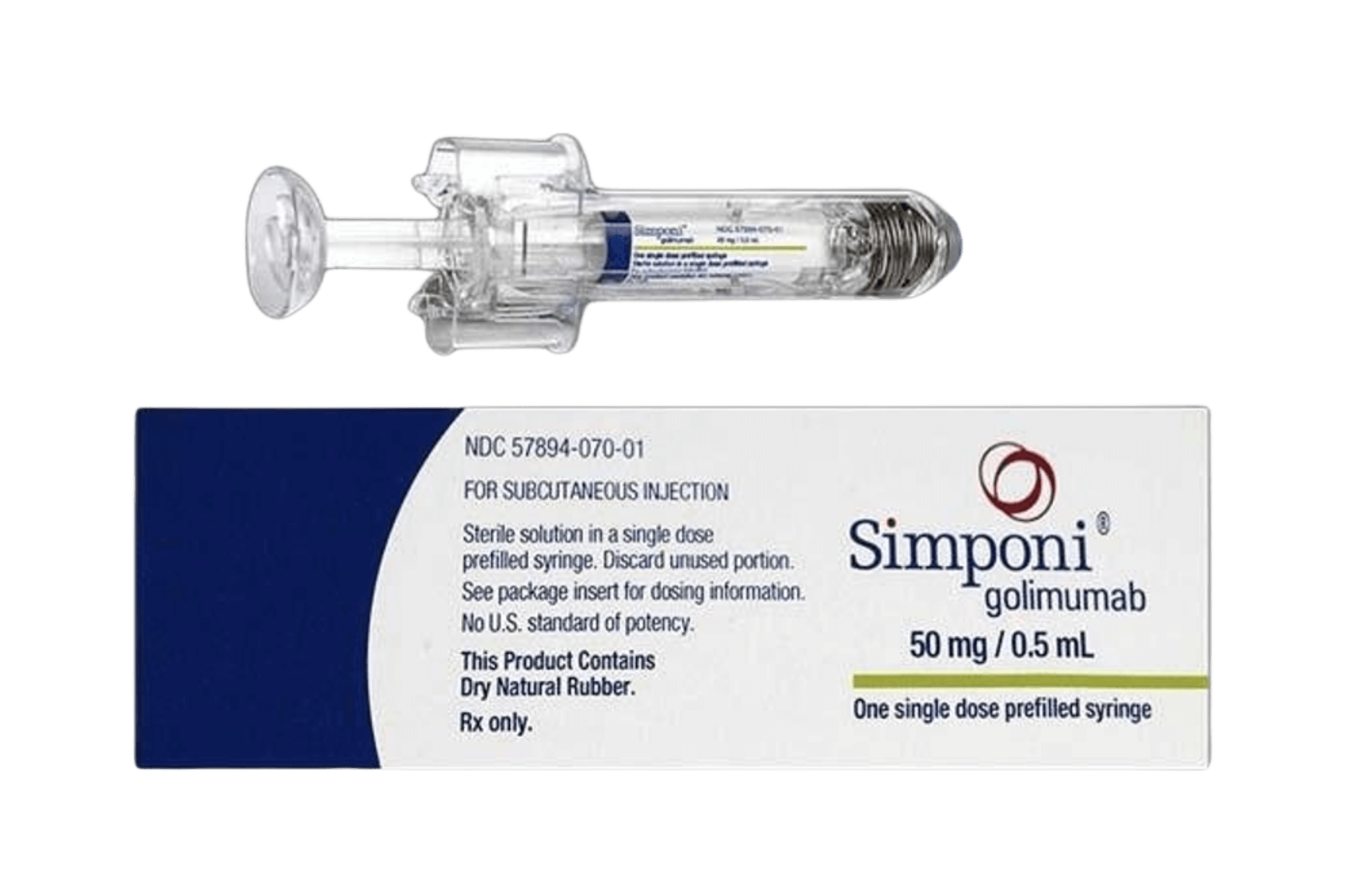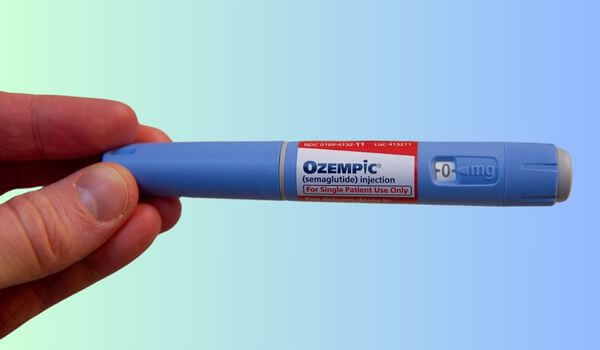This text is for informational purposes only. Please consult a doctor or pharmacist before using any medication.
Read the information leaflet that comes with the medication.
Most people who use Simponi do not experience any adverse side effects. Doctors prescribe this medication because they assess the benefits of such treatment outweigh any likely unwanted effects.
Some of the side effects that have been reported include:
- Upper respiratory tract Infections, with symptoms including cough, nasal congestion, and sore throat.
- Injection site reactions such as redness, itching, pain, or swelling at the injection site.
Simponi can lower the immune system’s ability to fight infections, leading to serious infections such as tuberculosis, bacterial sepsis, invasive fungal infections, and others. Patients are normally tested for latent tuberculosis before starting treatment.
Not all side effects are listed here. If these or other unlisted symptoms persist or worsen, consult a healthcare provider or pharmacist.
Simponi is approved for the treatment of several autoimmune conditions:
- Rheumatoid arthritis: An autoimmune disorder causing inflammation in the joints, leading to pain, swelling, and potential joint damage. Symptoms include tender, warm, swollen joints, morning stiffness, and fatigue. Simponi, in combination with methotrexate, helps reduce these symptoms and slows disease progression.
- Psoriatic arthritis: A form of arthritis affecting some individuals with psoriasis, characterized by joint pain, stiffness, and swelling. Simponi is used to alleviate these symptoms and prevent further joint damage.
- Ankylosing spondylitis: A chronic inflammatory disease primarily affecting the spine and sacroiliac joints, leading to pain and stiffness. Simponi is approved for the treatment of active AS to reduce symptoms and improve physical function.
- Ulcerative colitis: A chronic inflammatory bowel disease causing inflammation and ulcers in the lining of the large intestine. Simponi is prescribed for adults with moderately to severely active UC who have had an inadequate response to other therapies, aiming to induce and maintain clinical remission, achieve mucosal healing, and eliminate corticosteroid use.













